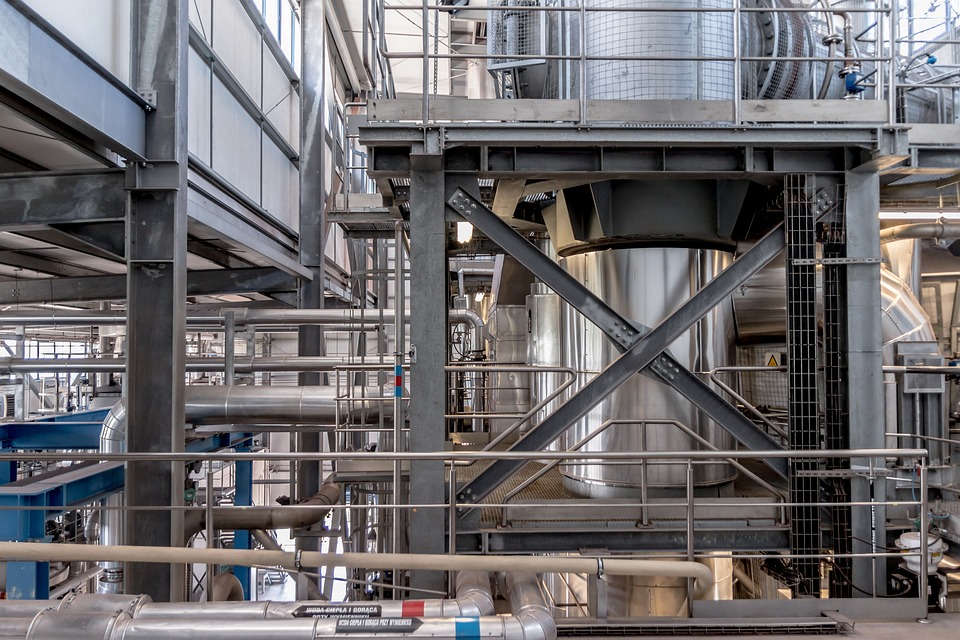In recent years, the field of artificial intelligence (AI) has experienced rapid advancements and breakthroughs that are transforming industries and shaping the future of technology. From improved machine learning algorithms to cutting-edge neural networks, new technologies and techniques are revolutionizing what is possible with AI.
One major breakthrough in AI is the development of deep learning algorithms. These algorithms are inspired by the way the human brain processes information, allowing machines to learn and improve from large amounts of data. Deep learning has enabled incredible advancements in areas such as image recognition, natural language processing, and autonomous driving.
Another key development in AI is the rise of reinforcement learning. This technique involves training AI models through a system of rewards and punishments, allowing them to learn complex behaviors and strategies. Reinforcement learning has been used to create algorithms that can outperform humans in games like chess and Go, as well as applications in robotics and self-driving cars.
Advancements in hardware have also played a critical role in the progress of AI. Companies are developing specialized chips and processors that are optimized for the intensive computations required for AI applications. This hardware acceleration has significantly improved the speed and efficiency of AI algorithms, making them more practical for real-world use cases.
Additionally, the growing availability of data and computing power has fueled progress in AI research. With vast amounts of data being generated every day, researchers have access to the resources they need to train more robust and accurate AI models. Cloud computing platforms and open-source tools have also made it easier for developers to experiment and innovate in the field of AI.
Overall, the combination of new technologies and techniques in AI is driving major breakthroughs and advancements in the field. These advances are reshaping industries, from healthcare and finance to retail and transportation. As AI continues to evolve, we can expect even more innovative and transformative applications that will change the game in unexpected ways.
Artificial Intelligence (AI) is revolutionizing industries across the globe, transforming the way businesses operate and improving customer experiences. From healthcare to retail, AI technologies are changing the game with breakthroughs that are reshaping the future.
One of the most significant advancements in AI is the development of neural networks, which are modeled after the human brain to process information and make decisions. This technology has enabled machines to learn from data and improve their performance over time, leading to more accurate predictions and faster decision-making.
Another breakthrough in AI is the use of deep learning algorithms, which can analyze vast amounts of data to identify patterns and make predictions in real-time. These algorithms have been particularly useful in sectors such as finance and marketing, where they can help businesses optimize their strategies and gain a competitive edge.
In the healthcare industry, AI has transformed the way diseases are diagnosed and treated. Machine learning algorithms can analyze medical images and patient data to identify early warning signs of illnesses, allowing doctors to intervene sooner and improve patient outcomes. AI technologies have also been used to develop personalized treatment plans and predict patient outcomes with unprecedented accuracy.
AI has also had a significant impact on the automotive industry, with self-driving cars becoming a reality thanks to advancements in machine learning and computer vision. These vehicles use AI algorithms to navigate roads, avoid obstacles, and make split-second decisions to ensure the safety of passengers and pedestrians.
In the field of retail, AI technologies are being used to personalize customer experiences and optimize sales strategies. Chatbots and virtual assistants can provide personalized recommendations to customers based on their browsing history and preferences, while machine learning algorithms can analyze sales data to identify trends and forecast future demand.
As AI continues to evolve and improve, the possibilities for its application are endless. From improving healthcare outcomes to revolutionizing transportation and retail, AI technologies are changing the game in ways that were previously unimaginable. With ongoing research and development, the future holds even more exciting possibilities for AI breakthroughs that will transform industries and improve the way we live and work.
































Add Comment